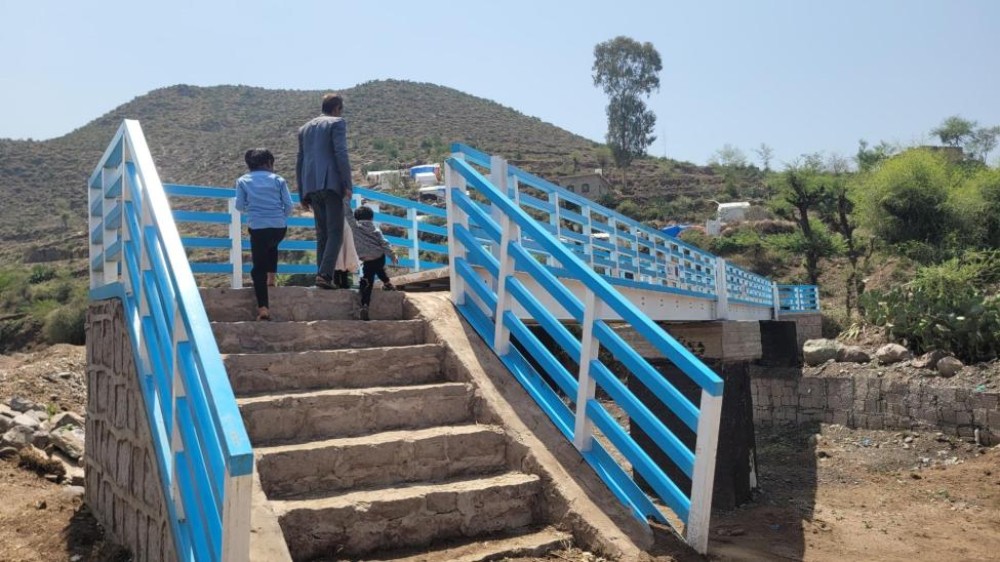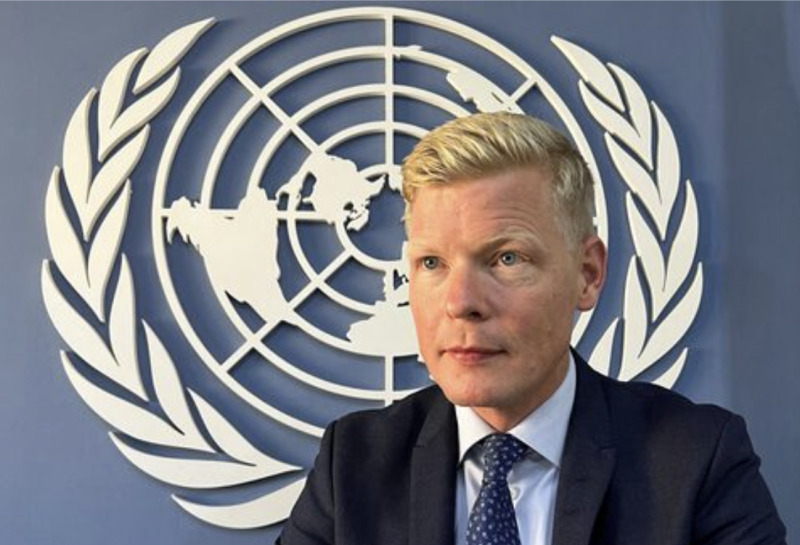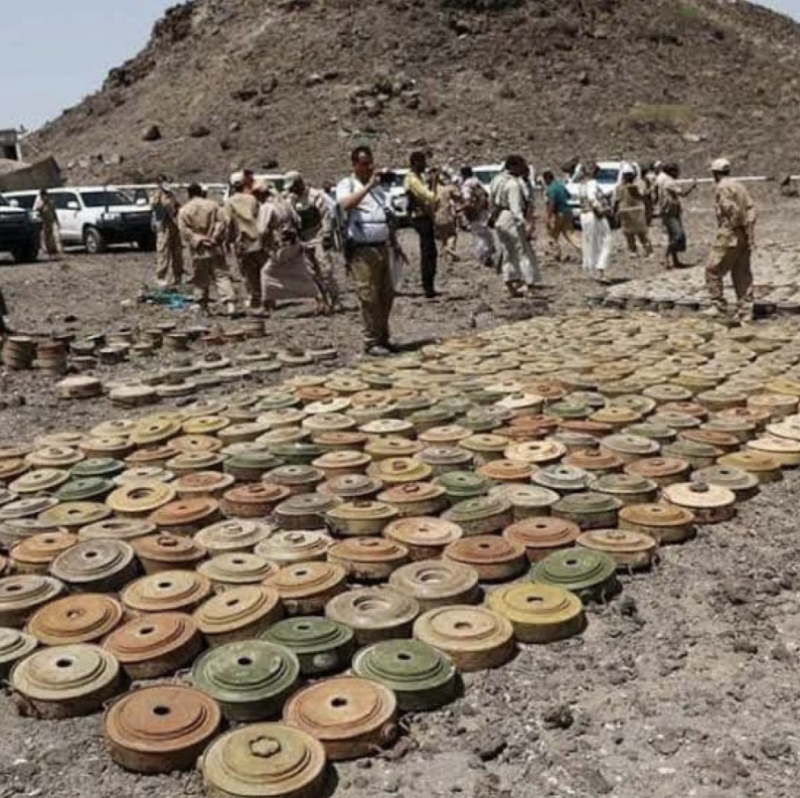IOM Constructs Climate-Resilient Bridge to Improve Access to Thousands of People in Ibb Governorate


Amid the growing challenges of climate change and its impact on communities, the International Organization for Migration (IOM) has successfully completed the construction of a large-scale pedestrian bridge in the Dhi Al-Sufal District of Ibb Governorate with support from the EU Humanitarian Aid. The bridge aims to provide safe access for communities often cut off from services due to floods and erratic weather patterns.
“Climate change is transforming the way people in Yemen live, and our response must adapt to these changing realities,” said Abdusattor Esoev, IOM’s Chief of Mission in Yemen. “The construction of this bridge is part of IOM’s broader strategy to build resilience against the increasing frequency of extreme weather events, including floods and cyclones, which have devastating impacts on vulnerable populations.”
Extreme weather events have been on the rise in Yemen, with floods affecting over 1.3 million people in 2024, marking a 61% increase from the previous year. These floods often cause widespread destruction of infrastructure, homes, roads, and water systems, while also undermining food security and livelihoods. By building this climate-resilient bridge, IOM is directly addressing these vulnerabilities — enhancing safe access to healthcare, education, markets, and water sources, while helping communities adapt to increasing climate threats.
The bridge spans 30 meters in length and 1.6 meters in width and was constructed over 45 days. Designed to withstand Yemen’s unpredictable rainfall and intensifying storms, it ensures reliable passage even during heavy rains and floods. More than 7,800 individuals — including 800 displaced people and 7,000 host community members — will benefit from this project. Prior to its construction, local communities, especially women and children, faced significant challenges crossing the area during the rainy season, often finding themselves cut off from schools, health services, and markets.
“Constructing infrastructure that can survive the forces of nature is crucial to ensuring the continuity of services that people rely on every day,” said Abdusattor Esoev. “This project not only improves the safety and mobility of displaced and host communities but also demonstrates the importance of integrating climate resilience into humanitarian work.”
The intervention was completed through effective coordination between IOM, local authorities, and the community. It was officially handed over in the presence of representatives from the local authorities and the relevant humanitarian coordination bodies.
“This bridge has spared us a great deal of hardship, especially during heavy floods. Before it was built, we couldn’t reach the other side during the rainy season. "Now, thanks to this intervention, our children can cross safely year-round,” explained Mohammed Anber, a local father in Dhi Al-Sufal.
This project marks a significant step forward in improving infrastructure and ensuring safer mobility for vulnerable populations in flood-prone areas. It reflects IOM’s broader commitment to addressing climate impacts through sustainable, community-centered solutions.

Aden -- Yemen Airways has announced plans to strengthen its fleet by adding four new, modern aircraft in the coming period.  The move…

Sana’a — The United Nations Special Envoy to Yemen, Hans Grundberg, acknowledged that the country’s political process is facing a…

Marib — The Saudi-funded Masam demining project announced that its teams successfully removed and dismantled more than 1,000 explosive device…